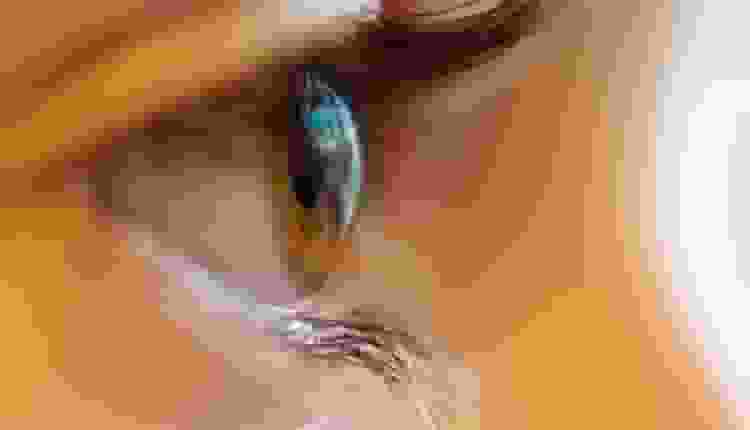
If you wear Contact lenses, you can likely confess that there have been times when you’ve violated the cardinal rules for caring for them properly.
This behavior encompasses the act of wearing contact lenses while sleeping, reusing them beyond the recommended duration, and exceeding their expiration date.
Potential Risks of Using Expired Contact Lenses
To ascertain the expiration of your contact lenses, it is imperative to inspect the month and year indicated on the packaging. For example, if the box displays 06/23, it signifies that the contacts can be safely utilized until the conclusion of June 2023. Continuing to use them beyond that month can expose your eyes to the risk of infection or more severe complications.
Manifestations indicating negative reactions of your eyes to expired contact lenses include initial sensations of burning, stinging, and redness.
In such instances, Dr. Yuna Rapoport, an ophthalmologist at Manhattan Eye, advises promptly removing the contacts and employing preservative-free artificial tears. We sought her expertise to discuss the adverse effects of using expired contact lenses and the significance of discontinuing their usage.
Read more: Living On Mars: NASA’s Year-Long Simulation Mission Begins
Annual Eye Examinations for Current Prescription

An aspect you may not be cognizant of regarding expired contact lenses is that, even when sealed, the solution may no longer be suitable for use. Utilizing expired contacts or repurposing daily disposable lenses intended for single use poses an elevated health risk.
Expired solution within contact lenses can harbor bacteria and fungus, thereby augmenting the likelihood of infections such as bacterial keratitis. This infection affects the cornea and can give rise to symptoms like eye redness, light sensitivity, pain, and blurred vision.
Dr. Rapoport explains, “If the infection is small and peripheral, it may not cause permanent damage as the cornea receives nutrients from the oxygen in front of it.” However, she emphasizes the gravity of a central infection, which can lead to scarring, irregular astigmatism, diminished vision, and, in severe cases, permanent vision loss or the need for a corneal transplant.
It is essential to bear in mind that contact lenses generally have a one-year expiration period, necessitating an annual prescription renewal for continued usage. Using expired contacts when your prescription has changed can result in blurred vision, eye strain, and fatigue.
Instead, it is crucial to schedule annual eye examinations to ensure that your eye prescription is current and to obtain appropriate fitting for contact lenses. It is important to acknowledge that the prescriptions for glasses and contact lenses are dissimilar, so relying solely on one or the other is insufficient.
Read more: Unforeseen Hazards: Safety Complications During Three Submarine Expeditions At The Titanic Wreck

